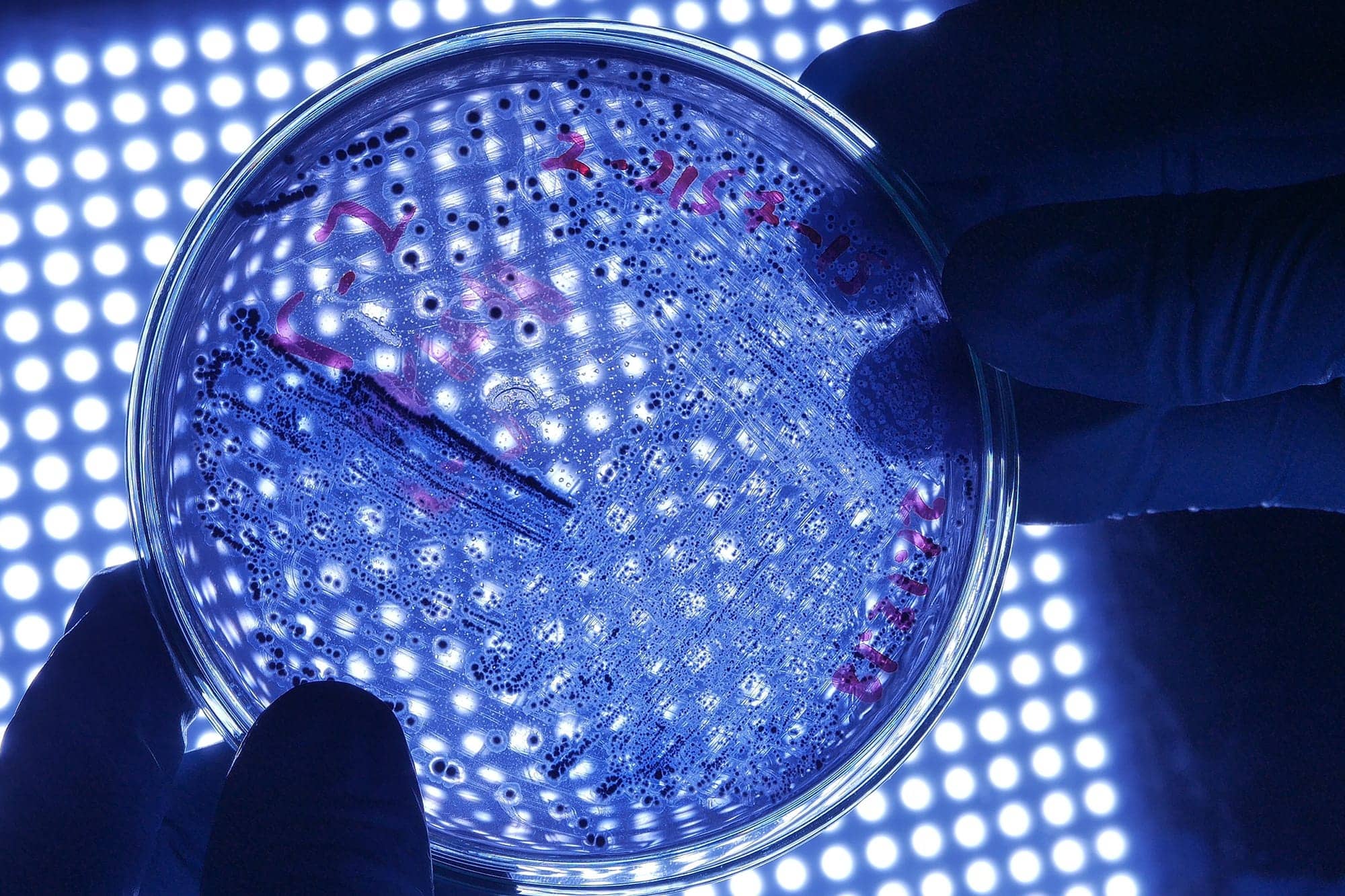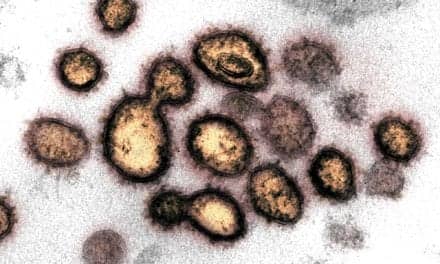A cluster of melioidosis (also known as Whitmore’s disease or “Vietnamese time bomb disease”) has been detected across four states after the CDC confirmed that Burkholderia pseudomallei (the bacteria which causes the disease) found in a Better Homes & Gardens aromatherapy spray in a Georgia patient’s home genetically matches strains in the patient, and three other patients in Kansas, Minnesota, and Texas infected since March.[1]
The CDC announced on Oct 21 that a bottle of the BHG aromatherapy spray in “Lavender & Chamomile with Gemstones” scent had tested positive for B. pseudomallei.[2] But the final step in the investigation was to confirm the DNA fingerprint of the bacteria in the spray and in the patients was the same.
What Is Vietnamese Time Bomb Disease?
According to a Science Direct article, the B. pseudomallei bacteria causes melioidosis, which can lead to septicemia and pneumonia in susceptible individuals.[3] The CDC reports that melioidosis symptoms can be confused with flu or a cold, but person-to-person spread is extremely rare.[2]
An estimated 12 cases of melioidosis occur in the United States annually, however the condition is more common where the bacteria naturally occurrs: South Asia, Southeast Asia, Northern Australia, but is occasionally found in Brazil, Mexico and Puerto Rico.[2]
According to Science.org, melioidosis is also known as “Vietnamese time bomb disease” due to the fact that, during the Vietnam War, US helicopters “kicked up dirt, exposing soldiers and pilots to hidden pathogens in the soil.” [4] An article published in Trends in Urology and Men’s Health describes the exposure of US troops in the Vietnam War:
“A number of soldiers who were exposed to B. pseudomallei in Vietnam suffered no ill effects at the time of the exposure but developed a severe and often fatal illness many years later. This phenomenon gave rise to the expression ‘The Vietnamese time bomb’ for a melioidosis infection. It is estimated that about 225,000 Americans were exposed to B. pseudomallei in Vietnam, but it is not known how many of these will develop melioidosis in later life.” [5]
The United States Cluster
The CDC reported that two of the four patients died. [1] A CDC advisory says the contaminated aerosol was sold at about 55 Walmart stores and on Walmart’s website between February and October 21, 2021. [1] The company removed the remaining product from store shelves and its website and issued a recall for approximately 3,900 bottles on October 22, 2021. [6]
“When you think about the thousands of things people come in contact with around their homes, it’s remarkable we were able to identify the source and confirm it in the lab,” said Inger Damon, MD, PhD, director of CDC’s Division of High-Consequence Pathogens and Pathology. “CDC scientists and our partners found the proverbial needle in the haystack.”
With the Consumer Product Safety Commission (CPSC) and Walmart, CDC has contacted the manufacturer in India to determine whether ingredients from the implicated spray were used in any other products. CDC scientists are working to assess the extent of contamination in other bottles and whether other scents may also be contaminated. Since Friday, CDC testing of an additional bottle of the spray has tested positive for the bacteria.
Anyone who has a bottle of BHG Lavender & Chamomile Aromatherapy Spray with Gemstones or other scents in the same product line purchased from Walmart online or in these Walmart store between February and Oct. 21, 2021, should stop using it immediately and follow the steps listed on CDC’s website to safely return the product to Walmart. CPSC and Walmart recalled about 3,900 bottles of aromatherapy spray on Oct. 22. Walmart is offering consumers a refund and a $20 gift card for its return.
CDC emphasized that consumers should not pour the contents down the drain or throw the bottle in the trash. The bacteria that cause melioidosis does not normally live in soil and water in the United States. If the spray bottles end up in landfills, the bacteria could become established and cause future melioidosis cases in the US, according to the agency. CDC said is working with Walmart to ensure the returned bottles are disposed of properly and safely.
For more information about the investigation, please visit the webpage on this cluster of illnesses and the Health Alert Network notice. You can also visit CDC’s main melioidosis webpage.
References
1. https://www.cdc.gov/media/releases/2021/p1026-melioidosis-outbreak.html
2. https://www.cdc.gov/media/releases/2021/p1022-aromatherapy-bacteria.html
3. https://www.sciencedirect.com/topics/medicine-and-dentistry/burkholderia-pseudomallei
4. https://www.science.org/content/article/fuse-vietnamese-time-bomb-identified
5. https://wchh.onlinelibrary.wiley.com/doi/10.1002/tre.753
6. https://www.cpsc.gov/Recalls/2022/Walmart-Recalls-Better-Homes-and-Gardens-Essential-Oil-Infused-Aromatherapy-Room-Spray-with-Gemstones-Due-to-Rare-and-Dangerous-Bacteria-Bacteria-Identified-in-this-Outbreak-Linked-to-Two-Deaths










